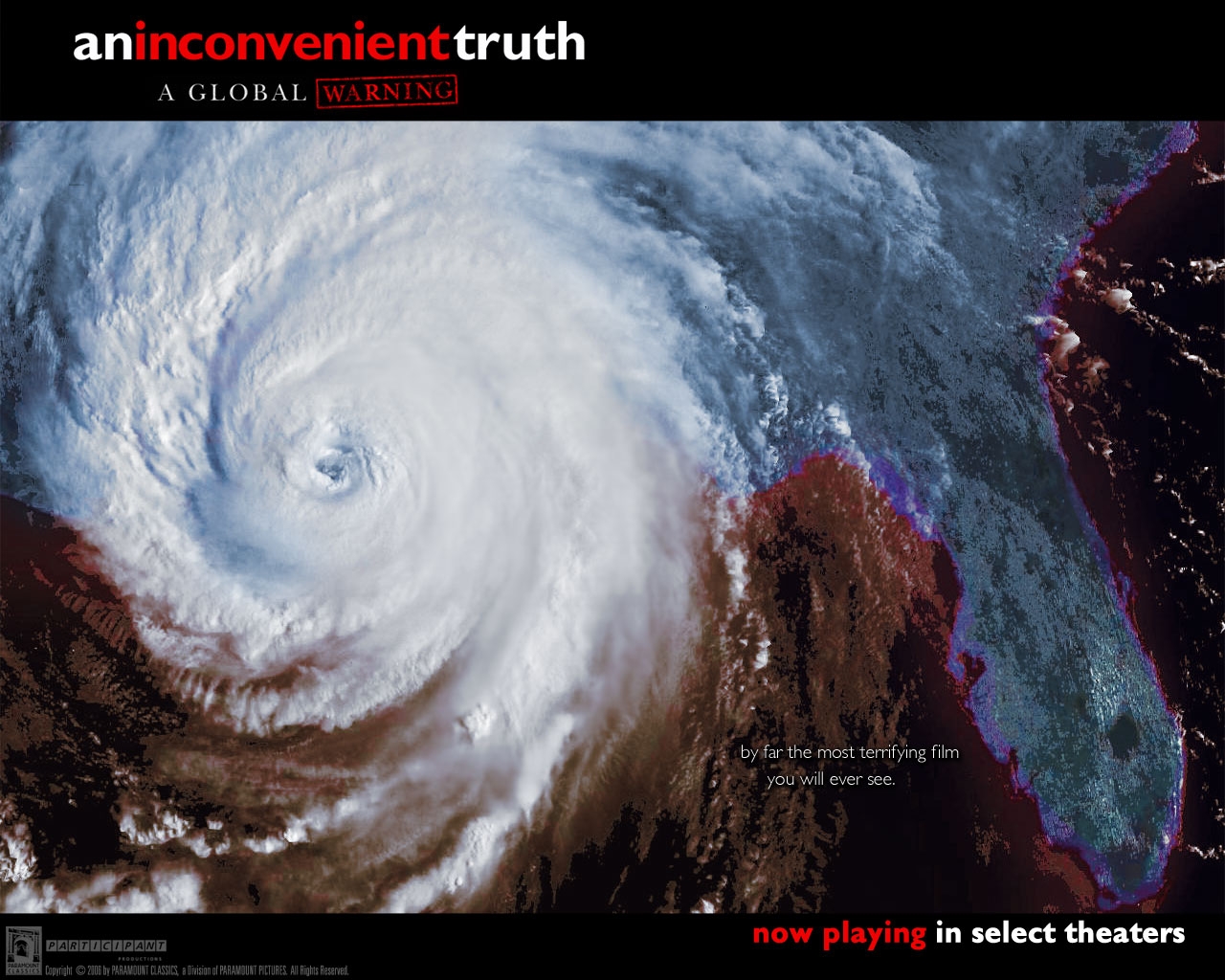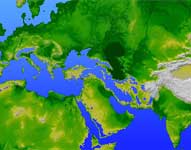
Global warming is the slow yet steady rise of the earth's average temperature. Although normal with the earth's fluctuating temperatures, greenhouse gas emissions in the past years have started to make global warming reach a dangerous point.
Greenhouse gases are the gases that make up our atmosphere, and keep warmth in, like a greenhouse does for plants. Common gases include carbon dioxide and methane. Without greenhouse gases, Earth would be uninhabitable.
However, in the past years, carbon dioxide and methane have been unintentionally released into the atmosphere by land-use change and the burning of fossil fuels. As countries develop, and more factories arise, these chemicals are released into the atmosphere, where they keep too much heat in. Slowly the earth's temperatures continue to rise; thus, global warming.
Global warming will cause substantial changes in our environment. With warming temperatures, glaciers will recede. Ice shelves, including Antarctica, will melt, causing sea levels to rise. Hurricanes and natural disasters will increase. Millions of species will be extinct by 2050.



